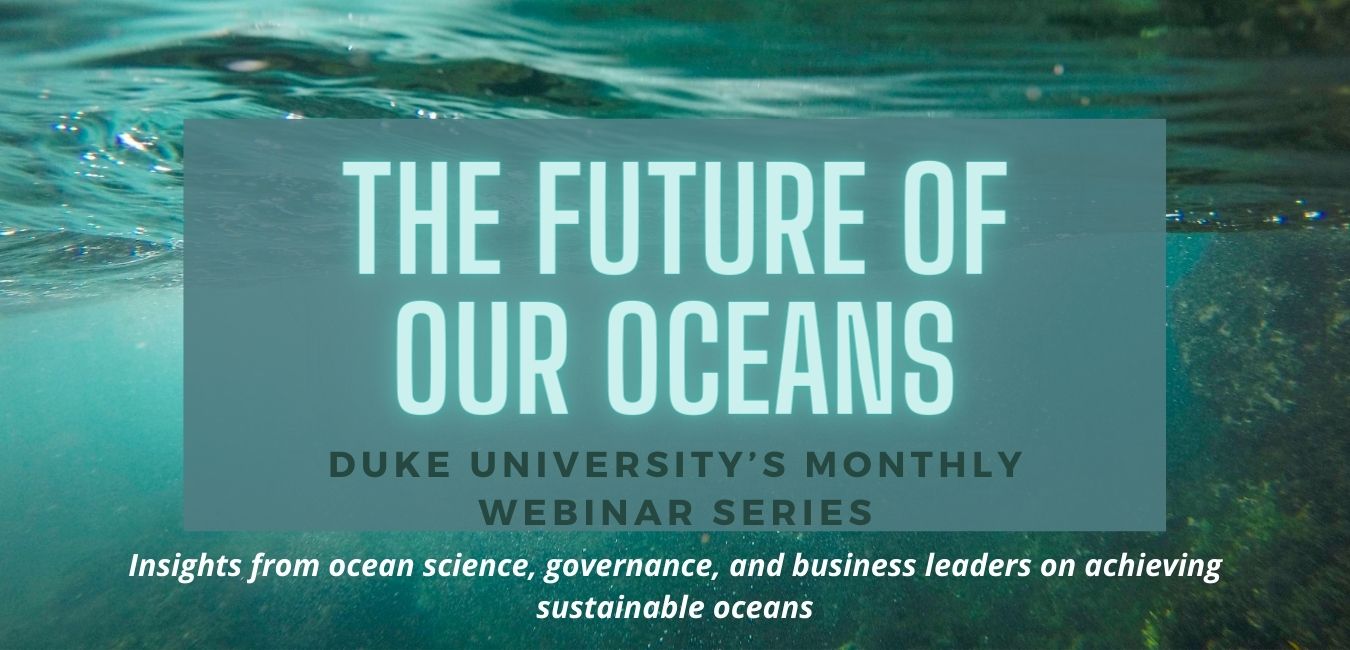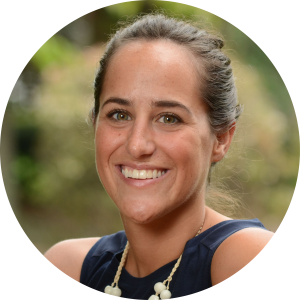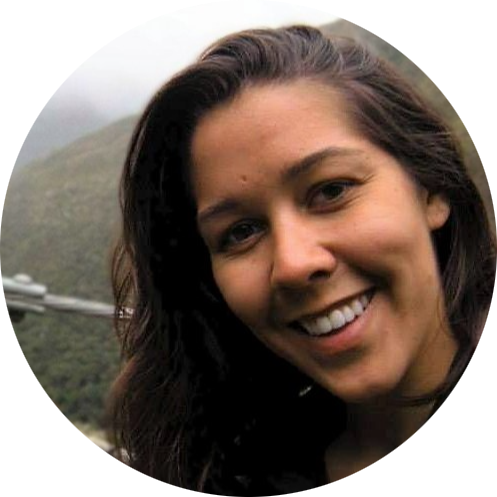
Rebuilding Marine Ecosystems in the Anthropocene
with Brian Silliman, Carter Smith, Avery Paxton, and Stephanie Valdez
WATCH THE RECORDING
Habitat restoration is now being championed as a scalable strategy to reverse global habitat declines. For restoration to answer society’s challenge, its efficiency and yields must steeply escalate. We must rethink what ecosystems will look like as rates of animal and plant migration escalate due to global warming and as the paradigm of nature conservation shifts from segregation to co-existence. Here, we use marine coastal systems, in particular those in North Carolina, as a model to begin the conversation of what a restored coastal seascape future might look like, highlighting simple changes that massively increase restoration efficiency, large-scale incorporation of hybrid, novel and artificial ecosystems, and key steps we must make to elevate restoration from a minor to a major league player on the marine conservation tools team. To facilitate the Nicholas schools role in this movement, we have formed university-wide initiative called Duke RESTORE focused on creatively rebuilding ecosystems for people and nature.
Our panel discussion will include experts in the ecosystem restoration, who will provide insights into vital questions related to this topic.
SUPPLEMENTAL RESOURCES
FEATURED SPEAKERS

Brian Silliman is the Rachel Carson Distinguished Professor of Marine Conservation Biology at Duke University. He holds both B.A. and M.S. degrees from the University of Virginia, and completed his Ph.D. in Ecology and Evolutionary Biology at Brown University. In recognition of his research achievements, Silliman was named a Distinguished Fulbright Chair with CSIRO in 2019; a Fellow of the American Association for the Advancement of Sciences in 2015; a Visiting Professor with the Royal Netherlands Society of Arts and Sciences in 2011; and David H. Smith Conservation Fellow with The Nature Conservancy in 2004. He has also received several awards, including the Young Investigator Award from the American Society of Naturalists (2006), a Young Investigator Grant Award from the Andrew Mellon Foundation (2007), and a NSF Career Grant Award (2011). Dr. Silliman has published 21 book chapters and over 180 peer reviewed journal articles, and co-edited four books: Human Impacts on Salt Marshes: A Global Perspective (with T. Grosholtz and M. D. Bertness), Marine Community Ecology (with M. Bertness, J. Bruno and J. Stachowicz), Effective Conservation: Data not Dogma (with P. Karieva and M. Marvier) and Marine Disease Ecology (with D. Behringer and K Lafferty). His teaching and research are focused on community ecology, conservation and restoration, global change, plant–animal interactions, and evolution and ecological consequences of cooperative behavior.

Carter Smith is a Postdoctoral Associate in the Silliman Lab at Duke University’s Nicholas School of the Environment. She is an interdisciplinary marine conservation scientist working to understand how we can use novel coastal habitat restoration schemes to improve coastal sustainability and resilience. Her interests lie at the intersection of multiple disciplines including conservation and restoration science, community ecology, and the social sciences. Broadly, her research focuses on understanding how socio-ecological processes impact restoration success, coastal resilience, and the delivery of ecosystem services, particularly in the context of a rapidly changing world.

Avery Paxton is a Research Associate within the Habitat Mapping Team of the Biogeography Branch in NOAA’s National Centers for Coastal Ocean Science, via a contract with CSS-Inc. As a marine ecologist, Paxton’s research aims to understand relationships between species and their habitats to guide applied conservation and management decisions in the face of global change. She often focuses her research on understanding ecological effects of human-made habitats, ranging from artificial reefs and shipwrecks to offshore renewable energy infrastructure. Paxton and her colleagues use tools ranging from fishery echosounders and remotely-operated vehicles to acoustic telemetry and scuba-diver surveys. She earned her PhD from the University of North Carolina at Chapel Hill and her BS in Environmental Science from the University of Virginia.

Stephanie Valdez is a Marine Science and Conservation PhD candidate in the Silliman Laboratory at Duke University’s Nicholas School of the Environment. Valdez explores the impact of biogenic habitats on their ecosystems. She is particularly interested in interactions between foundation species and how a mechanistic understanding of foundation species coexistence and ecological feedbacks can be harnessed to promote recovery in the context of conservation and ecosystem management. Currently, her focus is on seagrass and how positive species interactions can be harnessed in useful ways for seagrass restoration.
Join Our Email List
Sign up to receive announcements and reminders about upcoming events from Oceans@Duke.